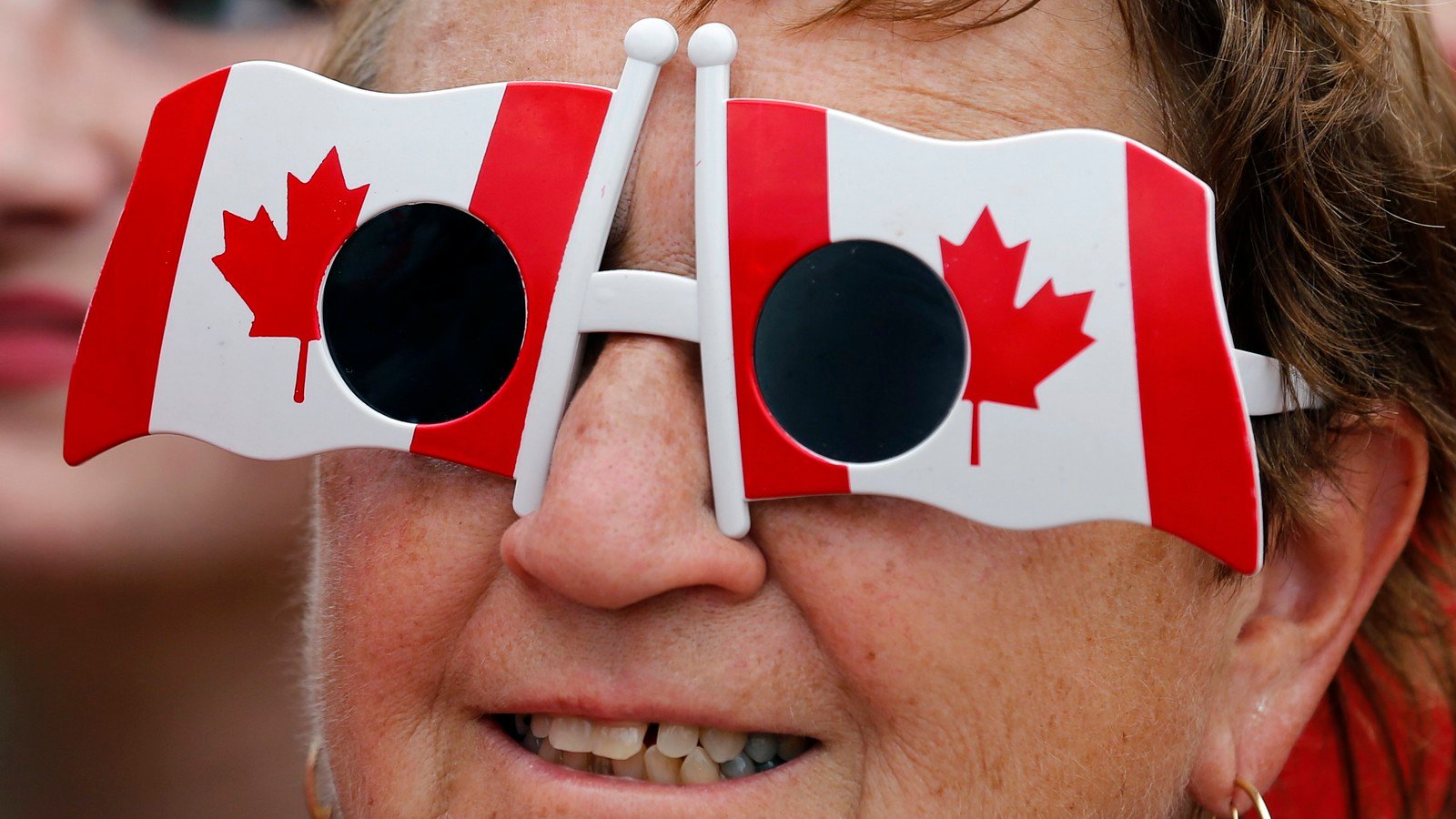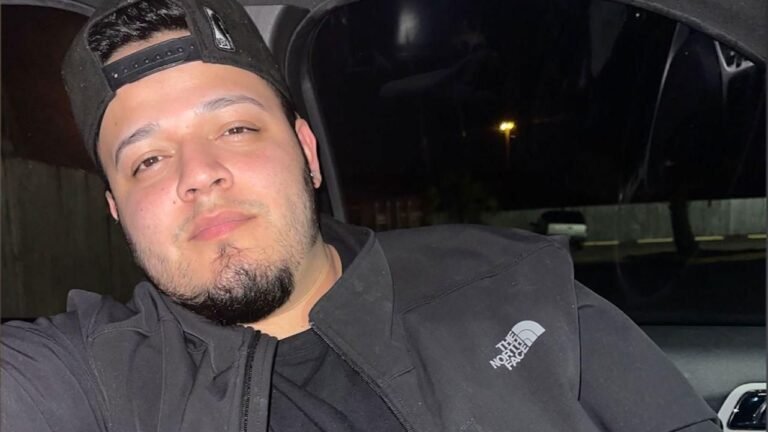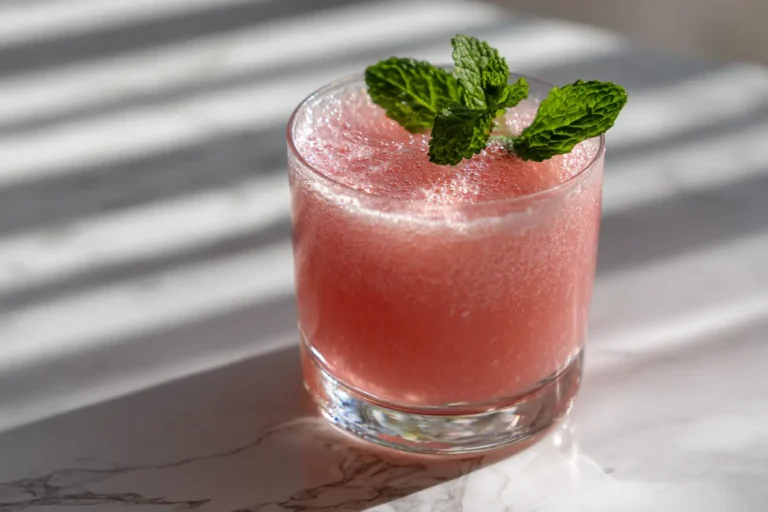Chelsea Metzger didn’t mean to pretend to be Canadian.
It was only after a heated confrontation with Canadians and a surprising exchange with a local taxi driver during her vacation in the Dominican Republic earlier this year that the American tourist in upstate New York resorted to lying about her nationality for the first time.
Metzger, 33, and his fiancé were at a Franco-Canadian bar in El Pueblito in February, where the final of the 4 Nations Face-Off hockey tournament between Canada and the United States was broadcast.
When the U.S. team scored a goal, the lonely one, O United States. Metzger didn’t go down well.
“A Canadian couple yelled at me, saying that the United States is selfish and is ruining everything for Canada and the world,” Metzger told CNN. The girl started crying and said, “I don’t think Americans realize that what’s going on really affects us here.”
Metzger tried to defend himself, explaining that he didn’t vote for Trump. But the moods warmed up under the effects of alcohol. Eventually, the situation calmed down and the couple returned to apologise with a burst of drinks.
Did I tell you I understand? As someone who didn’t vote for this, it’s affecting us all. We’re all feeling the consequences and, unfortunately, all we can do right now is hold it together.
As he tried to stop a taxi during the same trip, a local driver mistook them for a Canadian until she corrected him. Instead of picking them up, he said dryly, “Well, have a good day,” and he left.
So, for a few weeks, Metzger introduced himself as Canadian.
It’s like going back to the early 2000s
The maple leaf has long been a powerful diplomatic accessory for Canadian travelers, known for sewing the Canadian flag in their suitcases to distinguish themselves from Americans.
But in recent months, some American tourists have revived a decades-long practice of impersonating Canadians to avoid anti-American sentiment abroad under the Trump administration. They hide behind the maple leaf, falsely identifying themselves as Canadians and displaying the Canadian flag in their suitcases, in a phenomenon known as flag jacking.
And the Canadians are furious.
For some reason, Americans think we’re their backup passport. The world’s first moral acquittalism of double action. Simply apply it carefully and you’ll see how embarrassment disappears, says Tod Maffin, a Canadian cultural commentator who guts Americans who take advantage of the flag in a short video that has had more than 100,000 views on his social media since he got on up less than three months ago.

Maffin’s biting message doesn’t forgive anyone, not even liberal and progressive Americans who protest that they haven’t voted for Trump and who simply try to pretend to be Canadians because they feel ashamed or unsafe.
And look, we understand. Many of you have taken to the streets, fighting for something better. Some simply try to travel without being yelled at by customs. “We understand,” says Maffin.
But the Canadian flag is not a shield or a layer of invisibility, he continues. Declaring Canadian is not a security measure. It’s stage art.
The days when Canadians offered a compassionate shoulder as “Canadians of emotional support” to their non-member neighbors of MAGA, an online trend that emerged after Trump’s election in 2024, seem to be over.
Trump’s intermittent tariff war, his threats to annex Canada and turn it into the 51st state, and his obsessive disregard for former prime minister Justin Trudeau have hardened Canadians’ stance against their neighbor and revived a form of Canadian nationalism that had not been seen in decades.
External threats are those that stimulate nationalist responses, explains Robert Schertzer, associate professor of political science at the University of Toronto. It’s what sociologists call collective effervescence, a spontaneous outcropping of feeling.
In Canada, this collective effervescence has manifested itself in booing the U.S. national anthem at sporting events, boycotts of American travel and products, and waving the Canadian flag, messages that reinforce what may seem like an uncomfortable truth for both Canadians and Americans.
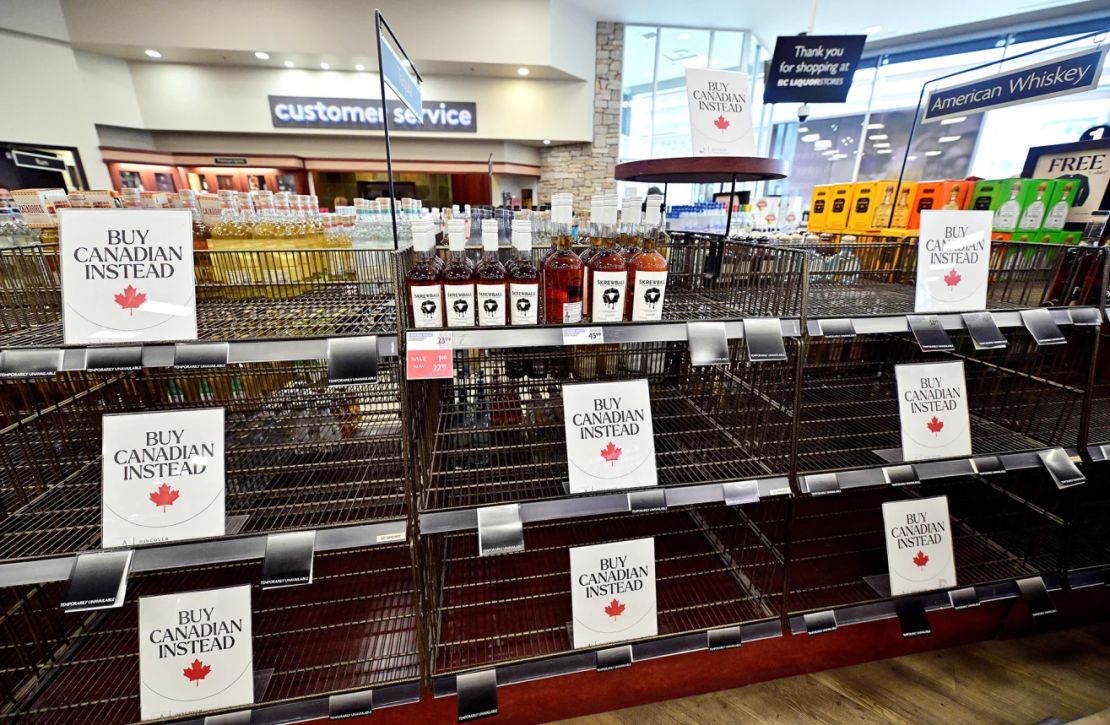
Canadian nationalism, in essence, has an anti-American component, Schertzer says, explaining that the emotions associated with nationalism can be as powerful as those linked to religion.
Therefore, when an American pretends to be Canadian, it is understandable that a person who feels this national pride and is encouraged by external threats responds emotionally to it.
Earlier this year, Trudeau also defined Canada’s national identity for what it is not.
“Canadians are incredibly proud to be Canadian,” he told CNN’s Jake Tapper in January. One of the ways we define ourselves more easily is: Well, we’re not Americans.
That’s why Canadians are particularly outraged at the idea of any American appropriating their flag and claiming it as their own. In the online debate, outraged Canadians offer a long list of reasons why this practice – that some Americans present as a travel trick or laugh at it as a harmless joke – is offensive and arrogant.
It’s a cosplay, a robo, and cultural appropriation, a mockery of the Canadian flag, and ruins Canadian goodwill and the country’s reputation around the world. She is fraudulent, arrogant, cowardly, and pretentious, they say.
Some argue that this practice takes advantage of Canada’s historical ties to nations such as the Netherlands, which was liberated by Canadian troops during World War II, and where Canadians are particularly appreciated.
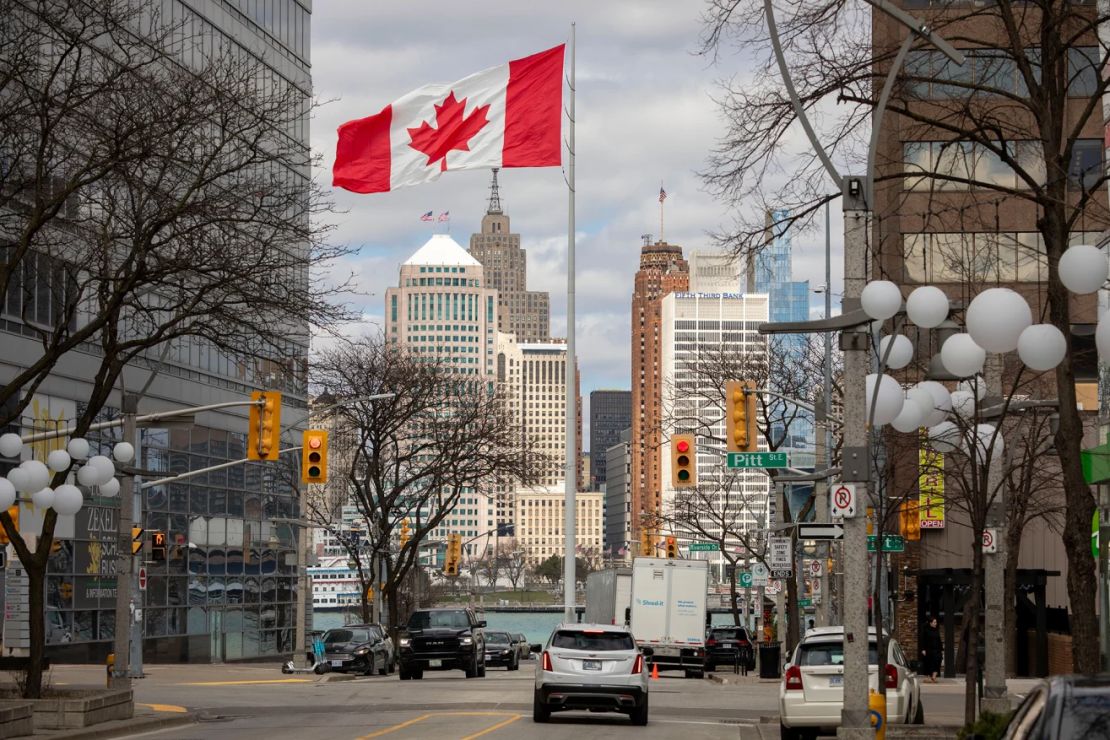
And it is ironic in the light of American exceptionalism. If the U.S. is the best country in the world, ask Canadians online, why do Americans hide their nationality and hide behind another flag?
“As the situation in the United States continued to evolve, we saw many Americans talking about international travel and the idea of disguising themselves as Canadians came up frequently,” Maffin told CNN from his home in Nanaimo, British Columbia.
I tried to express what many Canadians have thought for generations. We are not a layer that is set to confuse people about their origin. Canada is a country. We’re not a costume shop.
Many travelers who toured Europe with backpacks in the 1990s and 2000s may attest to this phenomenon, when some young Americans pretended to be Canadians. This act of subterfuge was particularly common in the 2000s amid the unpopular U.S. foreign policy and the invasion of Afghanistan and Iraq.
In a 2005 episode of The Simpsons, set in Italy, Lisa Simpson sews a Canadian flag in her backpack because: Well, some in Europe have the impression that the United States has made stupid decisions over the past five years. So, over the next week, I’m from Canada.
When the clothes don’t fit

That’s what Chelsea Metzger did this year. Inventing a background story was not difficult for him. Over the years, she made several Canadian friends during her annual month-long trip to the Dominican Republic, including a friend from the small town of Janetville. Adopting that Ontario town seemed like a credible excuse and worked most of the time, except when an American compatriot challenged her when she heard her accent.
Another American from Michigan told CNN that during her trips to Greece, she and her friend lied to the waiter and told her they were Canadian after they mocked them for being Americans too many times during their European holiday this summer.
When asked what part of Canada they were from, their friend responded without thinking twice: Ontario. What they didn’t expect was for the waiter to know more about the province than they did and start enthusiastically listing places they completely didn’t know. His plan fell apart quickly.
After that, we decided not to repeat it because it was quite uncomfortable not to be able to prove it. It was an absurd idea, said Grace, a 22-year-old Republican who asked to be identified only by her first name for fear of reprisals.
But for Canadians like Maffin, the practice of posing as fake Canadians is problematic because it risks tarnishing Canada’s global reputation.
“There are almost no places in this world where you can suddenly appear, to say you’re from Canada and not be welcome,” he said. Can’t you say the same about Americans? The solution is to fix your own house, not to come to ours and put on our clothes.




